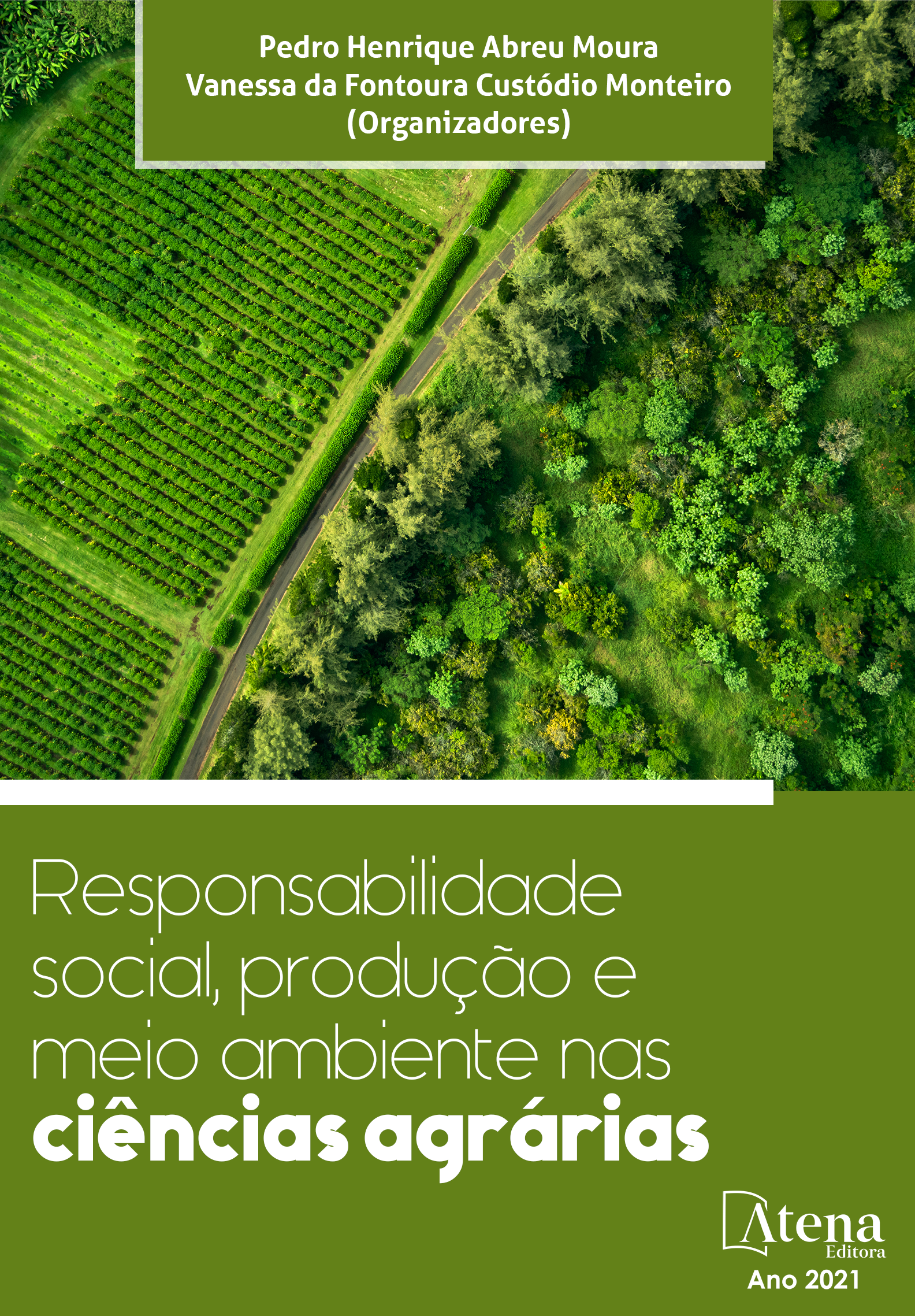
O COMÉRCIO EXTERIOR DE PRODUTOS AGRÍCOLAS, E AS CONSEQUENCIAS GERADOS NA DEGRADAÇÃO DO SOLO E DO MEIO AMBIENTE, NO PERÍODO COMPREENDIDO ENTRE 2004 Á 2019: APLICAÇÃO DO MODELO DE REGRESSÃO LINEAR MÚLTIPLA.
Este artigo oferece uma análise sobre as exportações do feijão e do milho no mercado internacional, e seus reflexos para a degradação do solo e do meio ambiente, no período compreendido entre 2004 à 2019, no Brasil, estudando suas causas e possíveis soluções no âmbito social, ambiental e econômico. A pesquisa abordou os diversos aspectos teóricos sobre degradação do solo e impactos ao meio ambiente, evidenciando sobretudo as variáveis do mercado internacional como taxa de câmbio, exportações e importações do feijão e do milho. Desta forma recorreu-se ao modelo de regressão linear múltipla para demonstrar o comportamento de tais variáveis, e constatou-se que a taxa de câmbio manteve-se alta e estável na maioria do horizonte de tempo, refletindo-se de forma inversa a maioria das variáveis, exceto para as exportações de milho que apresentou tendência crescente, demonstrando ser um produto agrícola promissor para os próximos anos pelo lado da economia. Pelo lado socioambiental, faz-se necessário a práticas de novas técnicas para o reuso do solo e preservação do emprego e da renda, sem, no entanto, deixar de atender a grande demanda do mercado internacional. Por fim pode-se constatar que apesar das estatísticas refletirem tendências negativas para as exportações de feijão e positivas para as exportações de milho, o Brasil ainda sim é considerado um mercado promissor, no que tange as exportações de produtos agrícolas, sendo assim podemos constatar que só através de vultosos investimentos nas três dimensões (econômica, social e ambiental), o Brasil tende a chegar a números ótimos rumo a uma melhor equidade, no que concerne as exportações de produtos agrícolas, fertilidade do solo, e geração de emprego e renda.
O COMÉRCIO EXTERIOR DE PRODUTOS AGRÍCOLAS, E AS CONSEQUENCIAS GERADOS NA DEGRADAÇÃO DO SOLO E DO MEIO AMBIENTE, NO PERÍODO COMPREENDIDO ENTRE 2004 Á 2019: APLICAÇÃO DO MODELO DE REGRESSÃO LINEAR MÚLTIPLA.
-
DOI: https://doi.org/10.22533/at.ed.0782112072
-
Palavras-chave: degradação do solo, exportações, produtos agrícolas, meio ambiente e variáveis do mercado internacional.
-
Keywords: soil degradation, exports, agricultural products, environment, and international market variables.
-
Abstract:
This article offers an analysis of the exports of beans and corn in the international market, and their reflexes for the degradation of the soil and the environment, in the period from 2004 to 2019, in Brazil, studying their causes and possible solutions in the social scope , environmental and economic. The research addressed the various theoretical aspects of soil degradation and impacts on the environment, showing above all the variables of the international market such as exchange rate, exports and imports of beans and corn. Thus, the multiple linear regression model was used to demonstrate the behavior of such variables, and it was found that the exchange rate remained high and stable over most of the time horizon, reflecting in an inverse way most of variables, except for corn exports, which showed an upward trend, proving to be a promising agricultural product for the coming years on the economy side. On the socio-environmental side, it is necessary to practice new techniques for reusing the soil and preserving jobs and income, without, however, failing to meet the great demand of the international market. Finally, it can be seen that although the statistics reflect negative trends for bean exports and positive for corn exports, Brazil is still considered a promising market, in terms of exports of agricultural products, so we can see that only through large investments in the three dimensions (economic, social and environmental), Brazil tends to reach optimum numbers towards better equity, with regard to exports of agricultural products, soil fertility, and job and income generation.
-
Número de páginas: 15
- Érico Gaspar Lisbôa
- Educélio Gaspar Lisbôa


